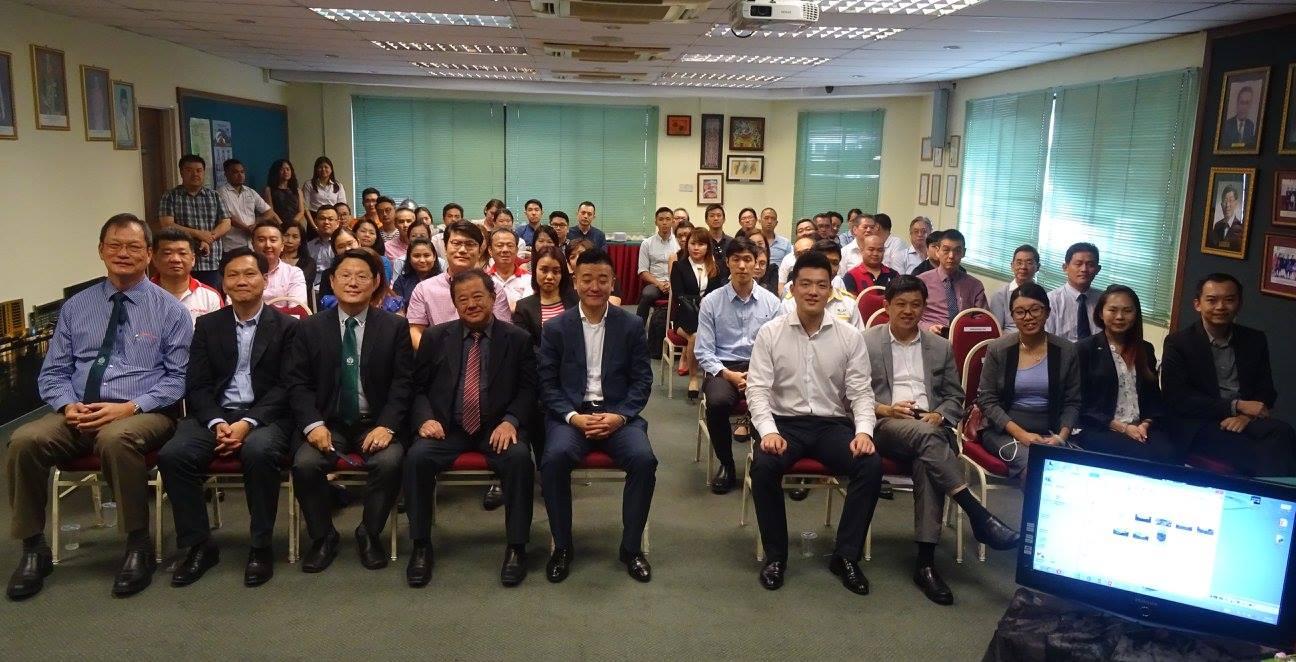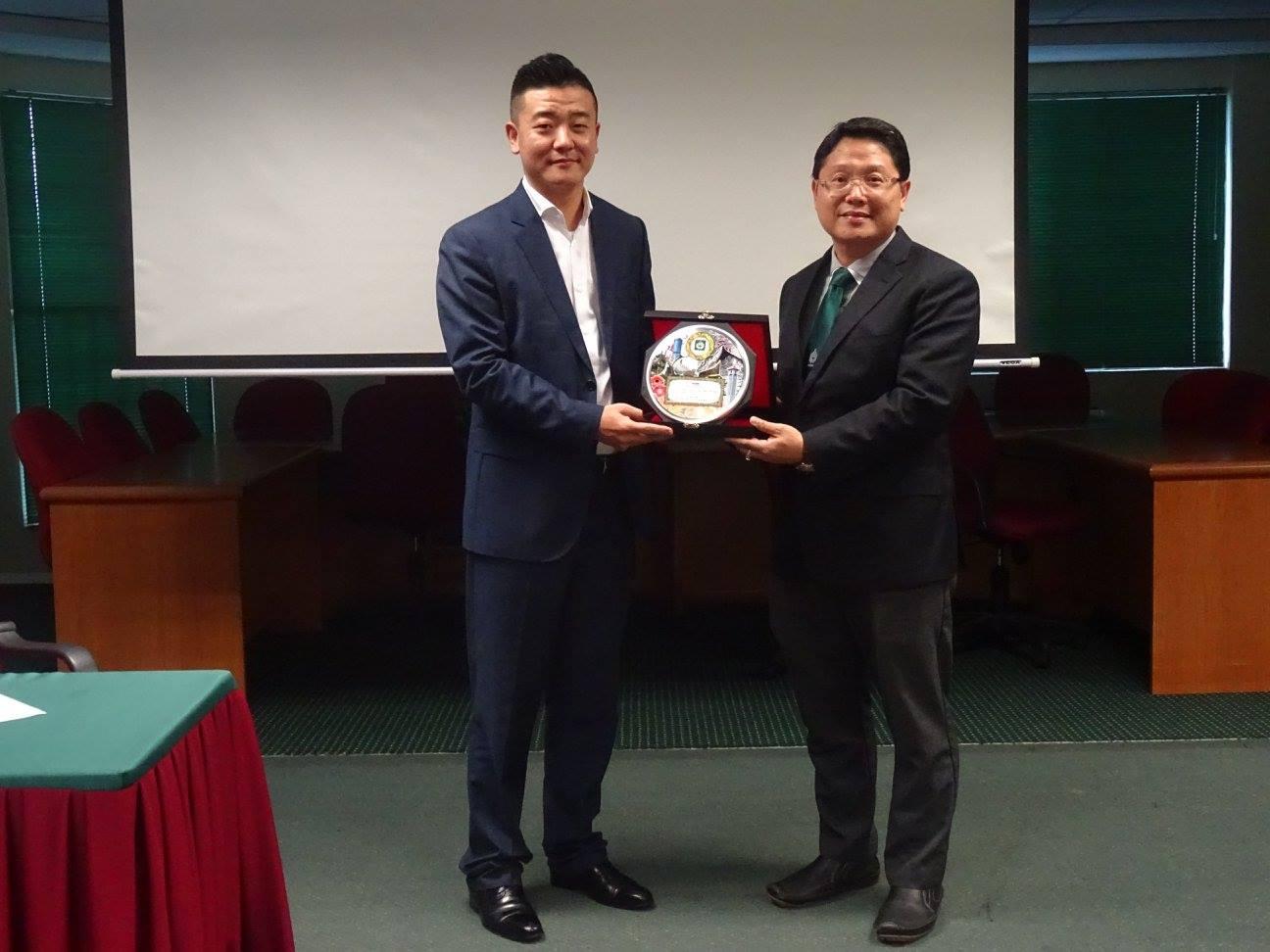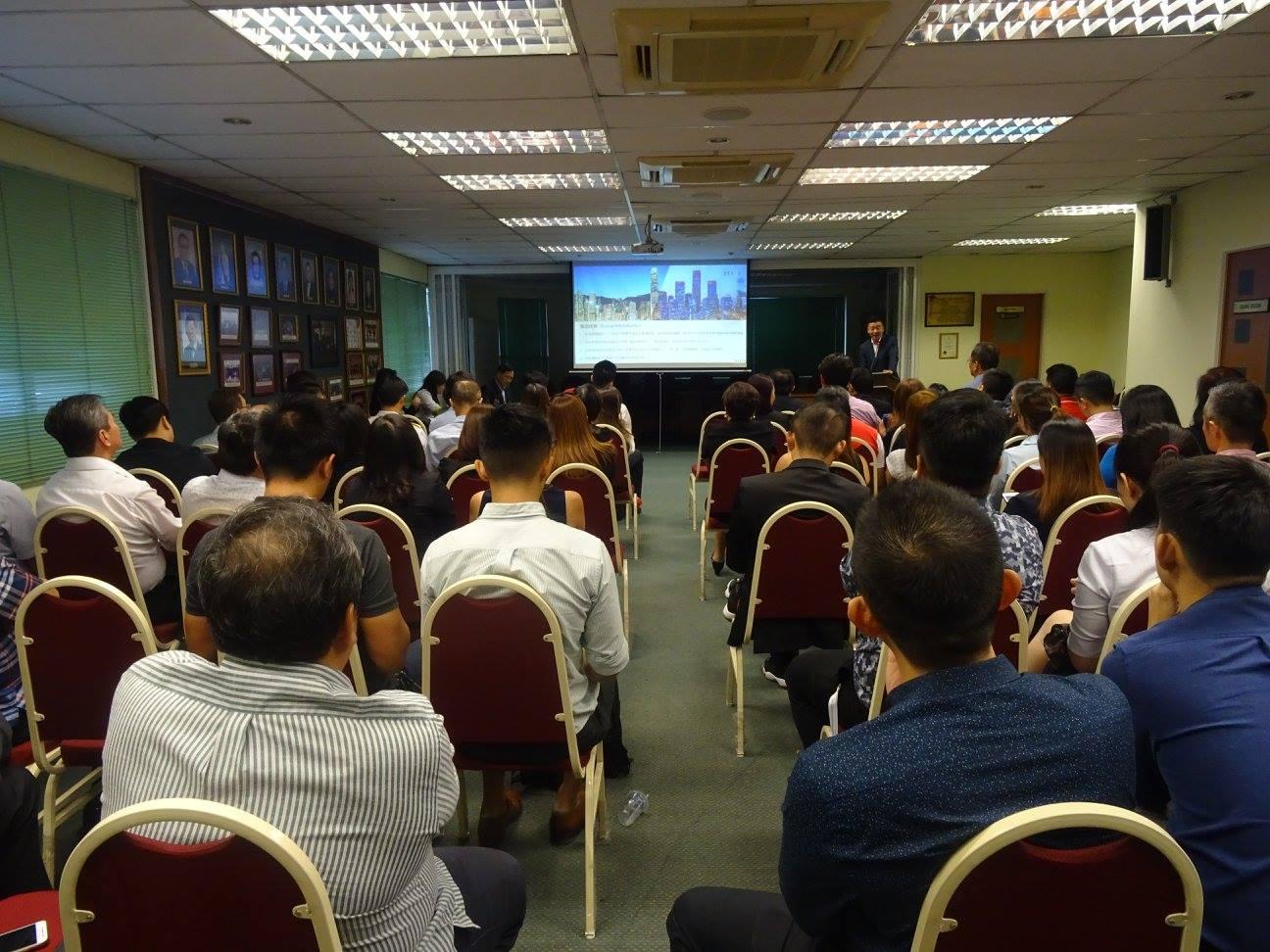Although the influx of Chinese investments is only a recent phenomenon, these funds are bringing speedy changes to local industries and the economic landscape.
Malaysia's economy is being transformed by huge and high-tech investments from China, with revolutionary changes seen in several sectors - particularly in manufacturing and construction.
Sabah Housing and Real Estate Developers Association (SHAREDA) conducted a small sharing session with China's SERES Group to market Sabah's properties to the Chinese market on Tuesday, 14 November.
SERES Group is a China based company which focuses on serving real estate projects in countries along the Belt and Road and provide a total solution for the sale of real estate projects in China.
Malaysia is able to bag the most benefits from China's Belt and Road initiative. The country is gaining in economic growth, employment opportunities, opportunities to upgrade and transform its industries/economy. At present, SERES Group is focused on Malaysian developments, namely properties in Sabah and Kuala Lumpur.
Chinese corporations are here to create win-win collaborations for both countries. There is no issue of taking away the "rice bowls†of locals. In fact, every Chinese project brings employment opportunities and economic growth.
More than 70% of the Chinese population purchase properties in Kota Kinabalu as a means of investments. Some of them purchase properties as second homes, for education or medical tourism purposes.
Residents living in the northern part of China tend to stay put at home during the winter season. With the extremity in weather, the Chinese would eventually seek for a warmer, cosier place and what better than to seek shelter in Sabah during the winter season. With land scarcity in China, the Chinese are comfortable with a 2-bedroom unit, facing the sea for them to enjoy the tranquil view.
Many of the Chinese developers in Malaysia target buyers from their homeland to sell the numerous houses they plan to build, but things have changed since China's stricter restriction on capital outflows has spooked individuals from investing in overseas properties.
In January, the Chinese government reiterated that individuals should not purchase foreign currency to buy property overseas. The US$50,000 purchase limit per year remains unchanged, but an authentic reason will be needed.
The Malaysian property market offers significant growth potential that stems from strong economic fundamentals and demographic factors, offering plenty of opportunities for Chinese investors.
Malaysia also offers a foreign residency scheme called "Malaysia My Second Home†(MM2H), which not only is relatively easier to get into compared with similar schemes elsewhere in the world, but also the cheapest within the region.
_PH_Banner_(Desktop)(1200x180px).png)

.jpeg)






.png)


.jpeg)
